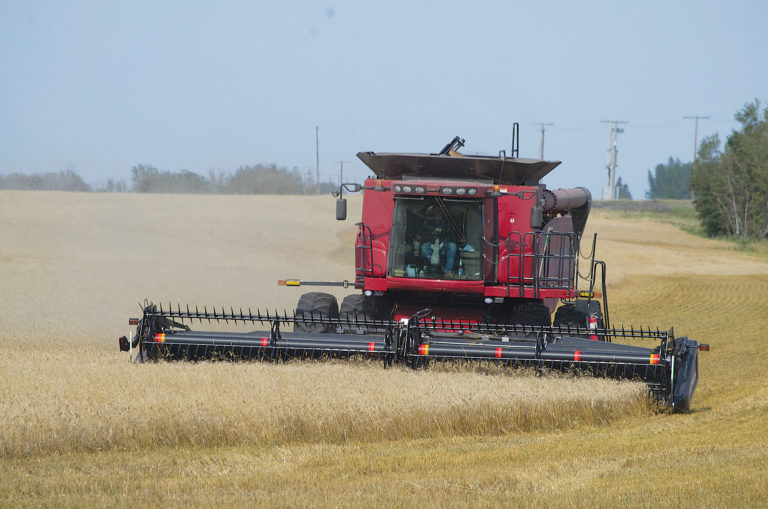
Spikes in fertilizer and fuel costs made 2021 the most expensive year ever for Saskatchewan farmers, according to numbers released by the Agricultural Producers Association of Saskatchewan (APAS) on Tuesday.
Farm cash expenses exceeded $11.5 billion in 2021, an 11 per cent increase over 2020. APAS president Ian Boxall said that’s the largest year-over-year increase farmers and ranchers have seen since 2012, and that’s creating frustration in the agriculture community.
“I think there is some frustration around it, and I think the frustration probably isn’t necessarily from this year because we have strong commodity prices to offset what we spent, right,” Boxall said during a phone interview on Tuesday.
“In talking with our reps and our members over the past couple of weeks, I think the fear is next year, because this is the time of year we start to secure and price inputs for next year’s crop, and we’re not seeing any reduction. If anything, some of them might be higher than they were this year, but what are the commodity prices going to be?”
APAS identified fertilizer, fuel, and glyphosate as among the items whose cost increases are hindering farmers the most. Boxall said he understand inflation has been an issue for all Saskatchewan industries, but it’s the price volatility that’s causing significant challenges.
APAS has called for price transparency in the industry, especially around fuel and fertilizer. Boxall said traditional methods producers used to estimate future costs, like natural gas prices, aren’t reliable anymore.
“I think it’s time that industry stepped up and explained to producers why we’re seeing these costs, why we’re seeing supply chain issues on key agriculture products, and if they are legitimate, then explain that to us,” he said. “Explain why we’re seeing these increases. Explain why we’re seeing these supply chain issues. All for asking for is to tell us why.”
Boxall said farmers in the Prince Albert area did okay this past year, since crop yields were average to pretty good. However, other parts of the province, the southwest and central-west in particular, were hit hard by drought. Producers in those areas, he said, are more vulnerable than others.
APAS has called on the House of Commons Standing Committee on Agriculture to look into retail food pricing this year and into 2013. Boxall said he’s not sure if there’s a role for the provincial government has a role to play, and reiterated that APAS was looking to industry suppliers for answers.
In a statement released to the Daily Herald Tuesday afternoon, the Saskatchewan Ministry of Agriculture expressed confidence that the current suite of business risk management programs would provide a defence for farmers and ranchers struggling against unforeseen risks and ever-changing market conditions.
The Ministry also called on the federal government to remove the carbon tax, which it blamed for high input costs.
“We understand input costs are high, but commodity prices are currently reflective of the higher input costs,” the Ministry statement reads. “What would immediately reduce high input costs is the removal of the federal carbon tax. Our government has been clear since the implementation of this short-sighted policy, it only serves to increase costs not only for producers but also consumers.”
